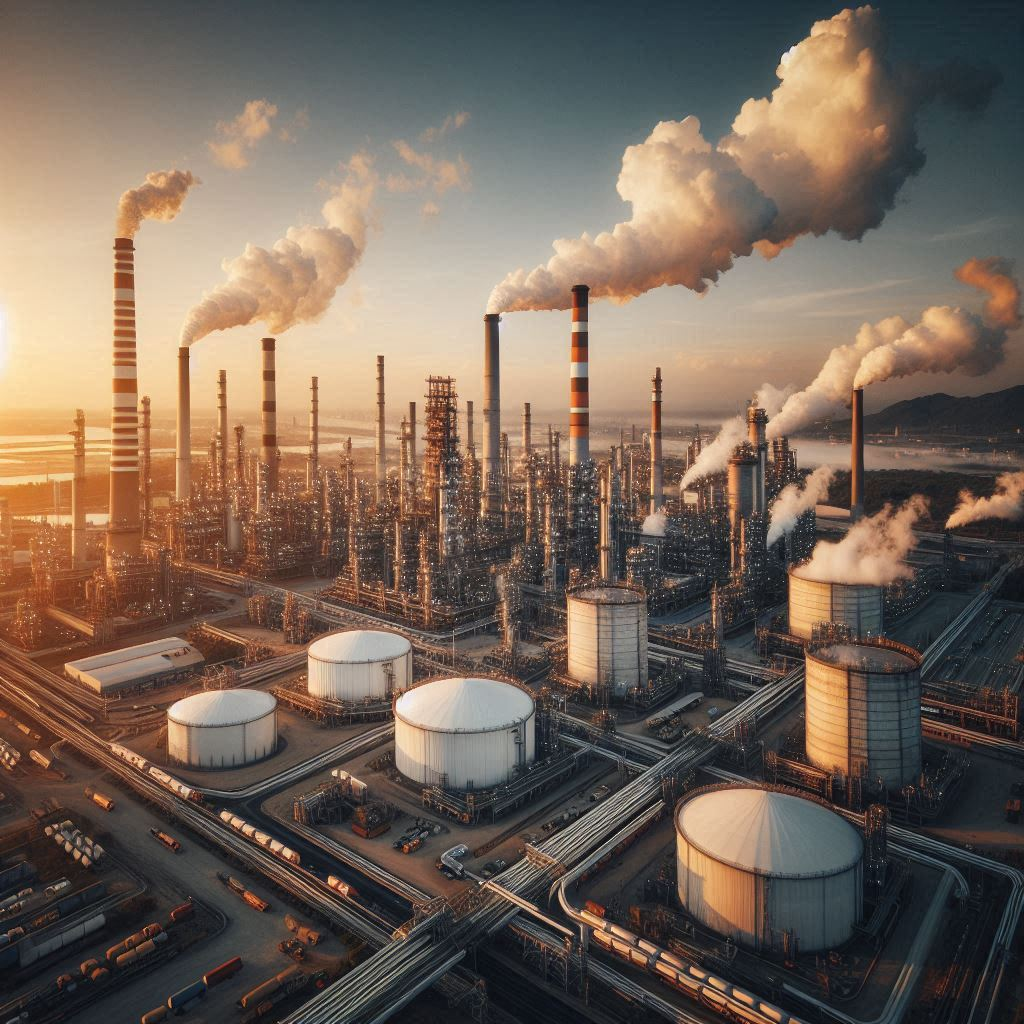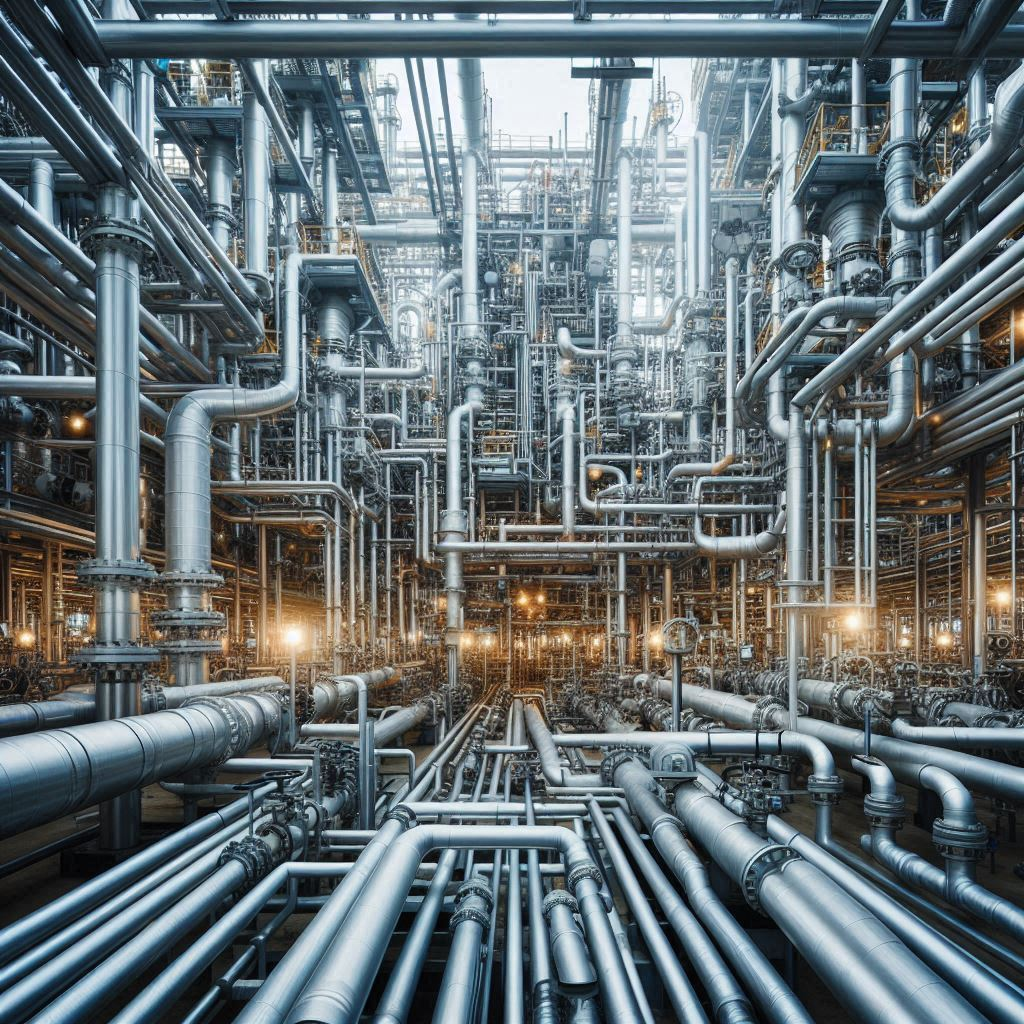Chemical engineers are professionals who apply principles of chemistry, physics, biology, and mathematics to design, develop, and optimize processes and products involving chemical reactions or transformations. They work in a wide range of industries, including manufacturing, energy production, pharmaceuticals, food and beverage, and environmental stewardship.
Roles of a Chemical Engineer

The beauty of chemical engineering is that it is one of the best STEM foundations you can get at university. I was uninformed when I started my journey as a chemical engineer. It was difficult to find good information about what it’s like to actually be a chemical engineer. What jobs can they get? Where do they work? What is a day in the life like? Are they happy? That didn’t stop me from jumping in with both feet, but I wish there was a resource like this blog when I was starting out. If you haven’t found the answers to these questions or if you haven’t even thought to ask; that’s okay, neither did I. I knew I wanted to understand physical phenomena observed in the world around us or in the laboratory and exploit them for engineering purposes. This education, no matter the path you choose (or fall in to), is a great foundation that you will be able to generate value from. This allows us to take on a wide variety of roles in many industries. It would be impossible to cover everything here, but here is a good start of you could expect to see in your first few years out of school.
- Process Engineer: This is a very common first job out of school for the chemical engineering undergrad. Collect and analyze process data to use for equipment/process design and optimization. Usually focusing on energy efficiency (bottom line) or product quality. Update P&IDs and procedures to reflect changes. Emphasis is placed on running equipment safely, leading audits, and taking corrective action to ensure a safe working environment.
- Process Control Engineer: Day to day operations support. Using diagnostics and testing to identify root causes and address them. Update all affected documentation for continuous improvement and knowledge sharing. Process optimization and small projects. Management of change: updating P&IDs, instrument loop sheets, electrical elementaries, procedures, checklists, troubleshooting guides, etc.
- Reliability: Reliability is having your equipment do what you tell it to do every time. Many chemical engineers join reliability teams at their production facility. They help keep the site’s assets running within design specifications for increased performance and longevity. A good reliability team with a routine inspection and maintenance schedule can save a facility millions annually.
- Equipment Owner: Manage an asset or area at a facility, oversee the crews, and ensure the operation runs safely and smoothly. Collaborate and organize resources to address break-ins, plan scheduled work, and execute projects. Not an entry-level position, but attainable in a short time in some industries.
- Sales Engineer: Many chemical engineers pursue customer-facing roles out of school. A sales engineer might travel to various sites in a region. They might support customer equipment, manage chemical or equipment stock, run chemical trials, and offer new technologies or services to better support their clients.
- Academia: There are a lot of different options and specialties to continue your education. While this article won’t delve into academic roles, it’s worth noting that many undergraduates grapple with the decision between pursuing further education (such as a master’s or PhD) and starting their journey towards financial independence.
Chemical Engineering Responsibilities
Some responsibilities you would expect to see many of the roles described above.
- Process Design and Optimization: Chemical engineers design and optimize processes involved in manufacturing products. They analyze the desired outcome, evaluate the feasibility of various approaches, and develop process flow diagrams and equipment specifications.
- Research and Development: They engage in research and development activities to innovate and improve existing processes or develop new technologies.
- Process Troubleshooting and Problem-solving: Chemical engineers are skilled problem-solvers. They investigate and troubleshoot issues that arise in manufacturing processes and ensure compliance with health, safety, and environmental regulations.

